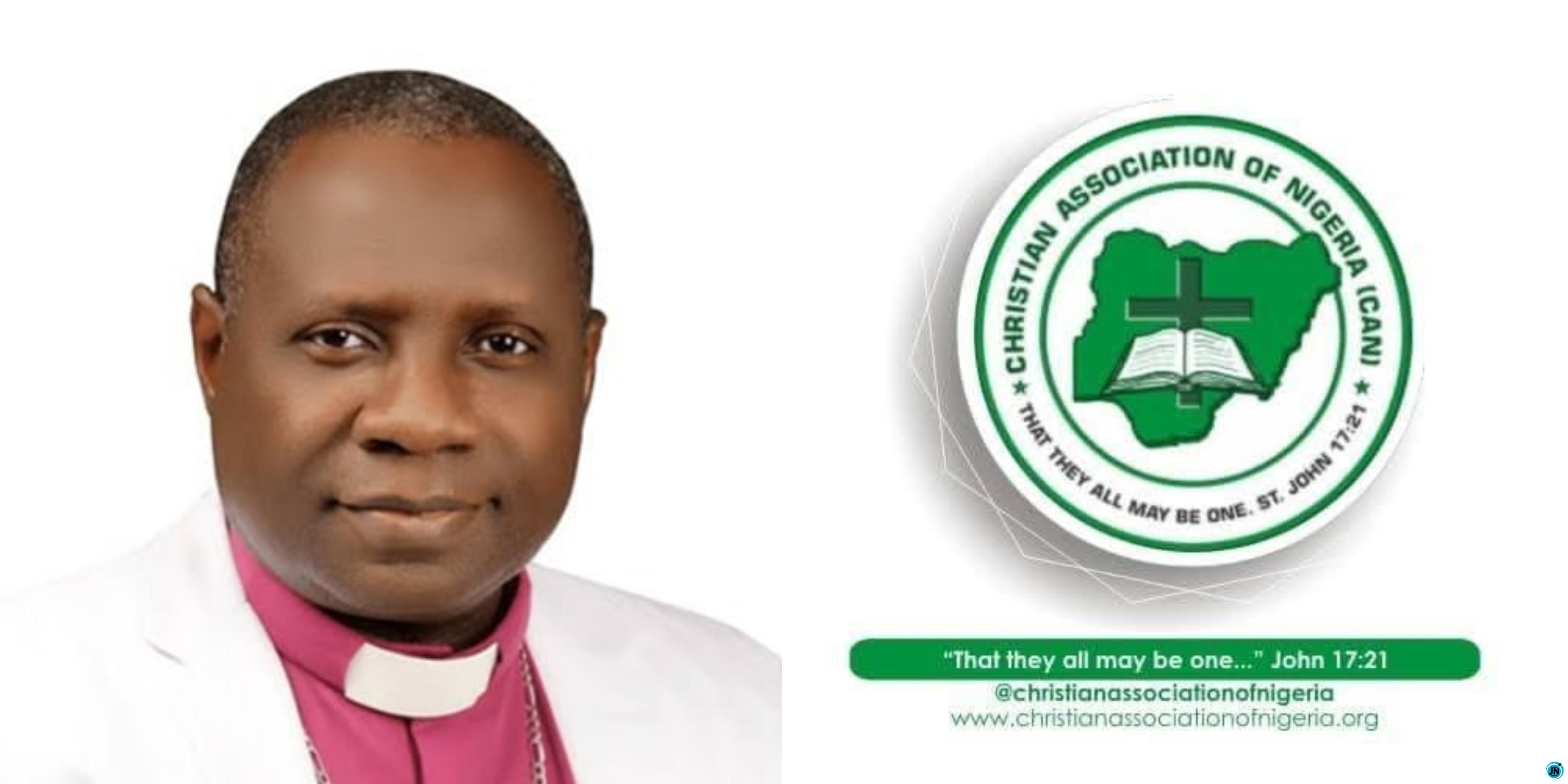
The Christian Association of Nigeria (CAN) has once again raised a nationwide alarm over what it describes as a Christian genocide in Nigeria, citing years of systemic persecution, rising insecurity, and the mass displacement of Christian communities across various states. The association emphasized that the violence has not only destroyed lives but has also left countless families in a state of deep vulnerability, struggling to rebuild amidst ongoing threats. CAN highlighted that the situation demands urgent attention from both the Federal Government and international bodies to prevent further loss of lives and properties.
Displaced Christians Receive Support
CAN President, Archbishop Daniel Okoh, made the statement during the ongoing Fourth Quarterly National Executive Council Meeting held in Jos, Plateau State, on Tuesday. During his address, Archbishop Okoh recounted a recent field visit to Bokkos, where he personally met with displaced Christian families, listened to their harrowing experiences, prayed with them, and provided immediate relief assistance. His interaction with the victims included discussions on the psychosocial and material support required to help the affected communities recover from the trauma caused by attacks and forced displacement.
He affirmed, “We declare with one united voice: You are not forgotten. You are not abandoned. The Body of Christ stands firmly with you. We will continue to be a voice for the voiceless and ensure that their plight is acknowledged at every level of governance.”
Appeal for Justice and Resettlement
CAN called on the Federal Government, state governments, and international organizations to act urgently to protect communities under threat, particularly in Northern Nigeria and the Middle Belt, where attacks on Christians have been frequent and deadly. The association emphasized that immediate resettlement of internally displaced persons (IDPs) back to their ancestral homes is critical. Prolonged stays in temporary camps, they warned, could worsen the humanitarian crisis and deepen socio-economic hardships, especially for women, children, and the elderly who face heightened vulnerability in camp settings.
The association also demanded accountability and justice for perpetrators of violence against Christian communities, urging law enforcement agencies to investigate attacks thoroughly and prosecute those responsible to deter future offenses. CAN stressed the importance of implementing protective measures, including increased security for churches, schools, and local communities, and called for proactive strategies to prevent further violence and destruction of property.
Governor Caleb Mutfwang, who officially opened the NEC meeting, highlighted the symbolic significance of hosting the event in Plateau, a state historically known as the “Home of Peace and Tourism.” Represented by his deputy, Josephine Piyo, the governor reassured delegates of his administration’s commitment to restoring peace, securing rural areas, and rehabilitating displaced families. He emphasized the need for collaborative efforts between religious organizations and the government to strengthen community resilience and promote stability in regions affected by violence.
Archbishop Okoh described the ongoing challenges facing Christian communities as a “grave injustice,” citing destroyed churches, lost lives, homes, and the disruption of social cohesion in affected areas. He stressed that the Church must remain steadfast in advocating for the rights and protection of its members, while also providing humanitarian support and counseling to survivors. CAN committed to continuing its mission to speak clearly and courageously on these issues, standing in solidarity with affected Nigerians and ensuring that their plight remains at the forefront of national attention.
Governor Mutfwang further added, “Nigeria needs the Church now more than ever,” urging delegates to deliberate on impactful resolutions that could foster unity, security, and stability nationwide. The NEC meeting concluded with a call for strengthened partnerships between government agencies, religious organizations, and community leaders to implement sustainable solutions that would safeguard lives and rebuild communities affected by violence, ensuring that peace and harmony are restored across the nation.